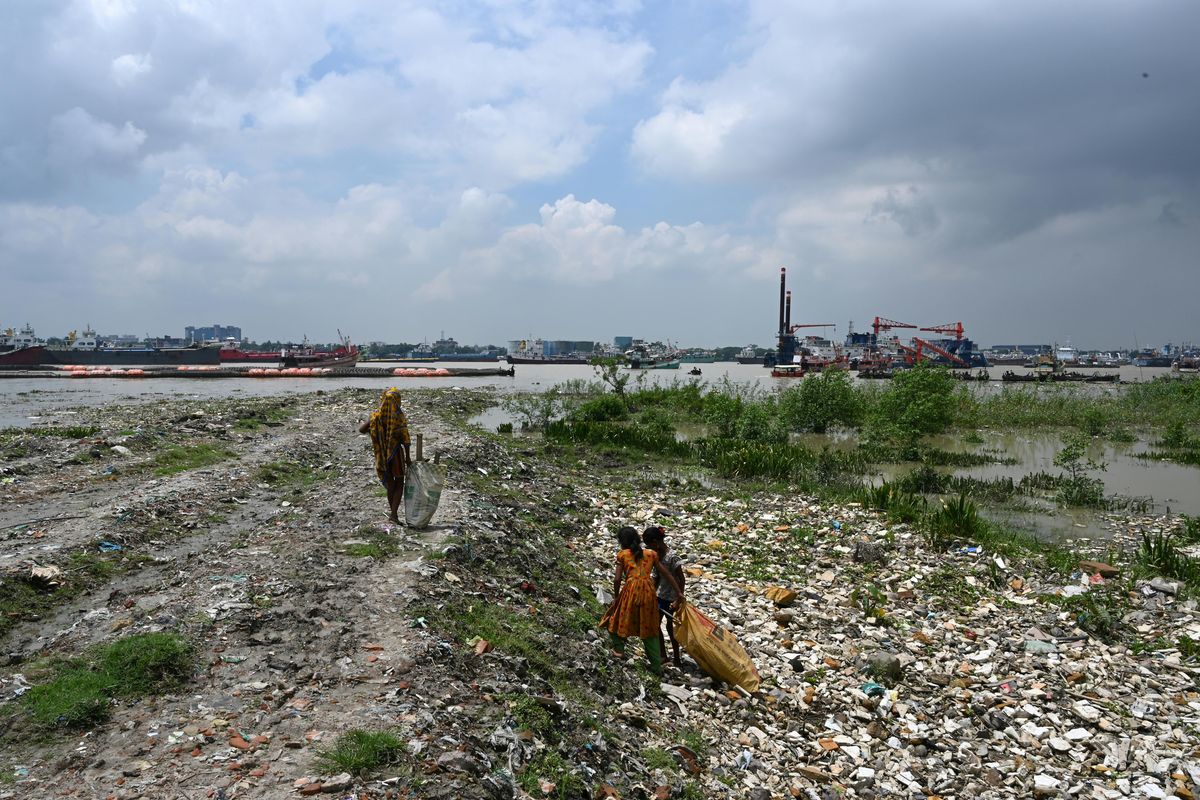Climate hazards threaten South Asia’s economic recovery: UN
Poor rural communities face disproportionate impacts as the region eyes modest growth in 2025 and beyond
Business Desk
The Business Desk tracks economic trends, market movements, and business developments, offering analysis of both local and global financial news.

Garbage at Harbor
Pexels
South Asia, including Pakistan, faces significant challenges from climate-related hazards, with the rural poor disproportionately affected, according to a United Nations report.
The report, “World Economic Situation and Prospects,” released by the UN Department of Economic and Social Affairs, revealed that extreme weather events in 2024 — such as heatwaves, droughts, and erratic rainfall — have adversely impacted agriculture across the region.
Countries like Bangladesh, India, Pakistan, and Sri Lanka have seen declining crop yields, rising food prices, and deepening income inequalities, particularly in rural communities.
Despite these adversities, Pakistan’s economy is projected to grow at 3.5% in 2025, with further improvement to 4.2% in 2026. Inflation is expected to remain high at 10.1% in 2025 but is forecast to decrease to 8.3% the following year. Meanwhile, the real effective exchange rate is anticipated to rise from 85.6 in 2025 to 97.11 in 2026, reflecting gradual economic stabilization.
The broader South Asian region is expected to sustain robust growth, with GDP increasing by 5.7% in 2025 and 6.0% in 2026. This growth is driven by India’s strong performance and economic recoveries in Bhutan, Nepal, Pakistan, and Sri Lanka.
However, the UN warned of multiple risks that could undermine the region’s recovery. These include geopolitical tensions, a slowdown in global demand, debt-related vulnerabilities, and potential social unrest. The report also underscored the severe threat posed by climate-related disruptions to economic stability.
The report also highlighted persistent fiscal challenges across South Asia. Public debt remains elevated, with interest payments as a percentage of fiscal revenues significantly higher than those of many developing economies. Both Pakistan and Sri Lanka, despite reducing policy rates to stimulate recovery, continue to face heavy interest burdens.
While the region’s economic outlook shows promise, the UN urged governments to tackle fiscal vulnerabilities and prioritize climate adaptation to achieve sustainable growth. Without decisive action, the compounded threats of debt and climate risks could impede long-term development goals.









Comments
See what people are discussing